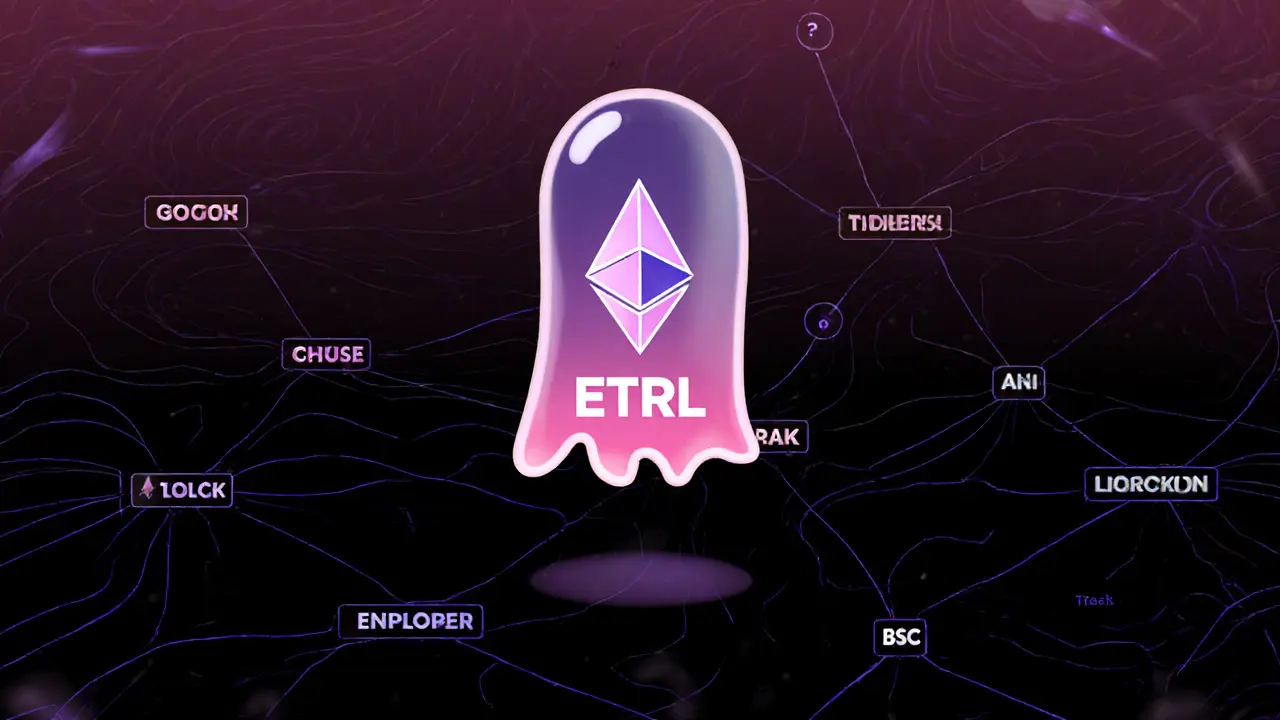Ethereal blockchain: What It Is, Why It Matters, and What You’ll Find Here
When people say Ethereal blockchain, a term sometimes used to describe mystical or overhyped blockchain projects with no real infrastructure. Also known as phantom blockchain, it doesn’t refer to any actual blockchain network.
There’s no official blockchain called Ethereal. You won’t find it on Ethereum’s documentation, CoinMarketCap, or any major blockchain explorer. Instead, the term pops up in misleading ads, fake airdrops, or meme-driven tokens trying to ride the coattails of Ethereum. Real blockchain networks like Ethereum, Solana, or Polygon are built on transparent code, public ledgers, and verifiable development teams. They don’t need fancy names—they need utility. The tokenization of real-world assets, the process of turning property, bonds, or gold into digital tokens on a blockchain, for example, is a legitimate use case. Projects like BlackRock’s BUIDL or Ekta’s EKTA token are trying to do this—no mysticism required. Meanwhile, crypto regulation, the growing set of legal rules governing digital assets across countries, is shaping what’s allowed, what’s banned, and who’s liable. Qatar bans crypto but allows tokenized real estate. The EU’s MiCA law forces exchanges to prove they’re secure. India taxes crypto but doesn’t ban wallets. These aren’t myths. They’re laws.
What you’ll find in this collection isn’t fantasy. It’s the real stuff: how to spot a dead token like ELCASH or VATAN, why JulSwap is fading, how to avoid Myanmar scams, and what’s actually happening with RWA tokenization. We don’t talk about ethereal blockchains. We talk about blockchains that exist, work, and matter. You’ll learn what’s worth your time, what’s a scam, and how to protect your assets under real-world rules—not fairy tales. No hype. No fluff. Just facts.
What is Ethereal (ETRL) Crypto Coin? The Truth Behind the Layer-1 Blockchain Claim
Ethereal (ETRL) claims to be a fast, gas-free Layer-1 blockchain, but it's actually a token with zero circulation, no real network, and no community. Here's the truth behind the hype.
